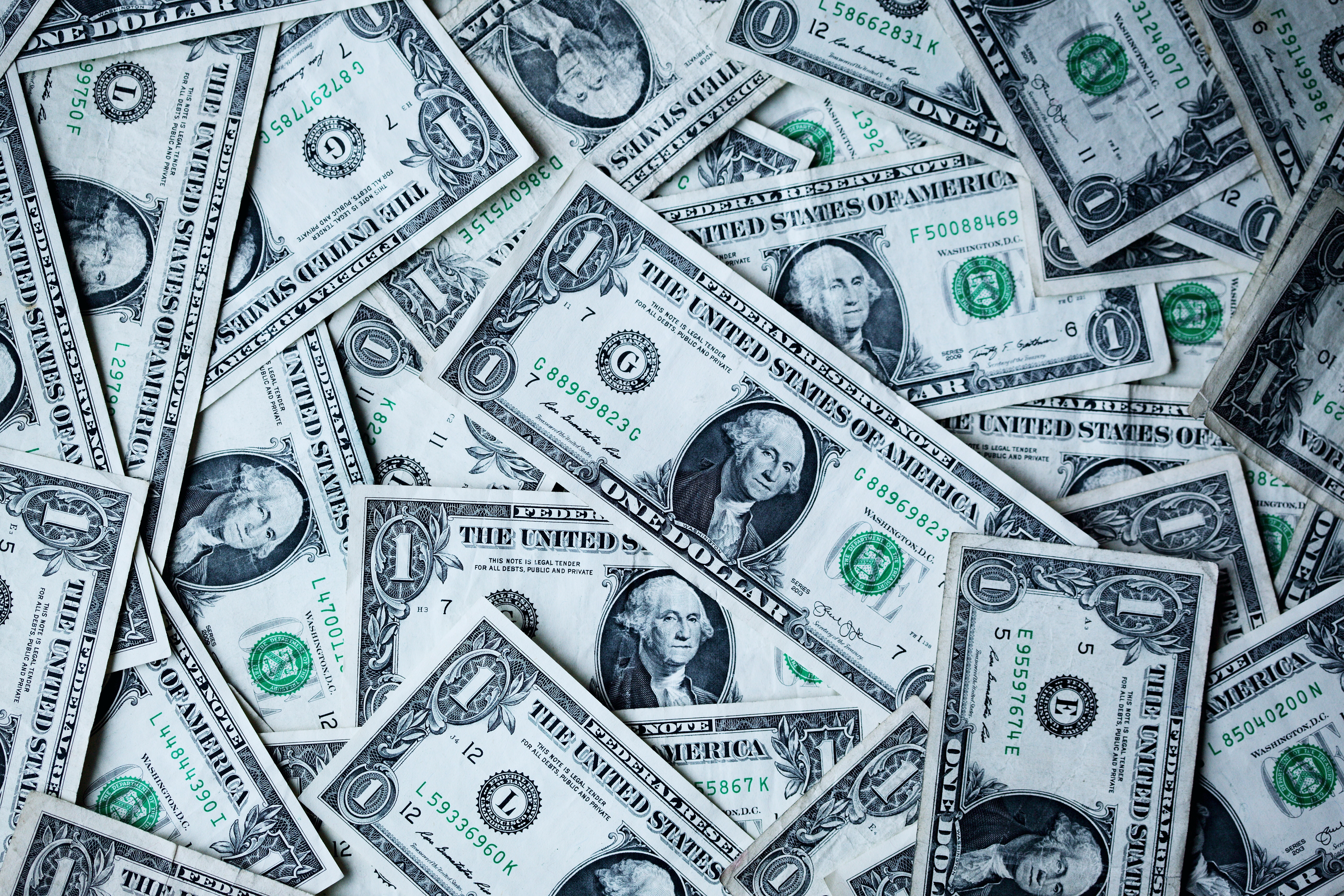BANKING ON ETHICS
Ethical and Social Responsibility
The Barclay Bank made a big impact on the financial world around the globe. The way they acted was not ethical in any sort. They cost millions of dollars for their own personal gain in hopes for bigger and more profits. I believe the executives at Barclay have demonstrated the lowest ethical development when manipulating the LIBOR interest rate. They did not have any body other than themselves in mind; they used pre-conventional morality to do none other than trick people into investing in their bank making them believe false information. They did this by making it seem that they were financially stable with a very low LIBOR (London Interbank Offered Rate). They believed that by doing this people would take more loans with lower interests, purchase more things such as cars and homes, refinance loans, start businesses, open credit cards and even start college or refinance college loans.
Everything financial was affected with the biggest hurt being world currencies. If it was found true that other banks acted with Barclay, then the financial impact would be tremendous and borrowers all over the globe would be affected. Barclay manipulated the LIBOR numbers in order to come out on top in a bad economy. They focused on the rewards they would get out of doing wrong which is why I believe they used pre-conventional morality.
Corporate social responsibility includes economic, legal, ethical, and philanthropical responsibilities. Legal responsibilities include obeying the law, play by the rules whereas philanthropical responsibilities include being a good citizen and contributing resources to the community improving the quality of life. Ethical responsibilities is to do what is right, just, and fair, and economic responsibilities is to be profitable because doing such is what all the other responsibilities rely and thrive on. (p, 38) I do not believe that Barclay’s Bank acted socially responsible. They were profitable, however in the wrong way. While making profits they ignored ethical and legal responsibilities. I am not sure if they contributed to the community or acted as a good citizen, but I do believe tricking people for your own personal gain is not being a good citizen. There were many people affected by this scandals so I do not see how the Barclay executives could of acted as good citizens looking out for societies best interests.
For them to be socially responsible they should have followed the rules of ethics first and foremost. They should have been honest and not trying to build a scam to carry out to collect millions or billions of dollars. They should have given their numbers for the LIBOR every night by the book and not tricked other banks into letting them borrow money, or into borrowing money at low interest rates. They should have been aware of the laws and how serious their actions were long before they followed through with it. They could of focused more on a solution for sustainability to help themselves and the financial world around them.
When the scandal broke they could of admitted their wrong. They should not of resigned one by one, instead they should have been honest and admitted what they did wrong and give any advice or help they could to fix the problem they created. They should have given back money that was given to them under false pretexts. They also should have had their lawyers draw up any and every financial affect they had on other banks, companies, or borrowers, this way they would be able to reach out, admit they made a mistake, and try to help correct it. This would of helped the community after destroying it showing ethical responsibility to what they did wrong.
If the executives at Barclay Bank would of asked themselves, ”even though manipulating the LIBOR will increase company profits, is it the right thing to do in the long run?” they would have been demonstrated post-conventional morality level of ethical development. This would be because they are questioning themselves whether it is the wrong or right thing to do. They would of already recognized that in order to get greater profits they are manipulating important data that banks and businesses run off of, manipulation of corporation, manipulation of people. They would have had more of a conscience and been able to predict the bigger impacts of the scandals and most likely deem that their profit would not be worth it. They would of also weighed the consequences, thinking “what could happen in the future, what happens if we get caught, what will happen to everyone we get involved?”
This case study has made me understand ethics and social responsibility in a whole new light. I see that every decision one makes in a business setting or even a personal setting has a domino effect on surrounding people or businesses. It is important to think about any decision that is made, especially one that is questionable. Always know the laws to which business one is practicing and question whether what you are doing is helping the community or society. I also learned to never become selfish, this leads to trouble. People who get greedy or selfish will manipulate and do whatever needs to be done in order to get what they want ignoring the hurt they can cause others.
References
Lamb, C.W., Hair, J. F., & McDaniel, C. (2014), MKTG7. Mason, OH: Cengage
No Aurthor (2012) BARCLAYS BANK / BANKING ON ETHICS.
![]()


